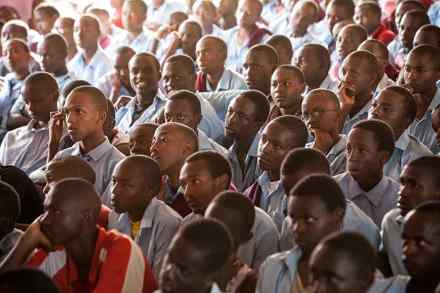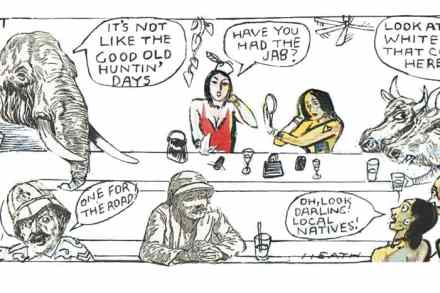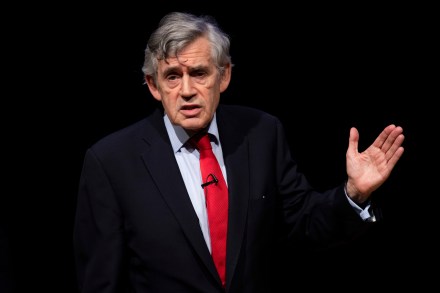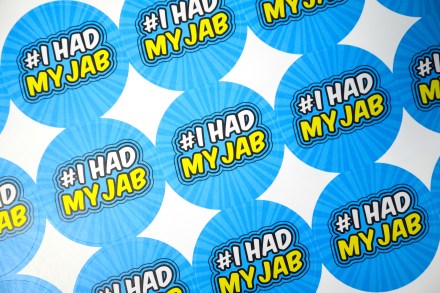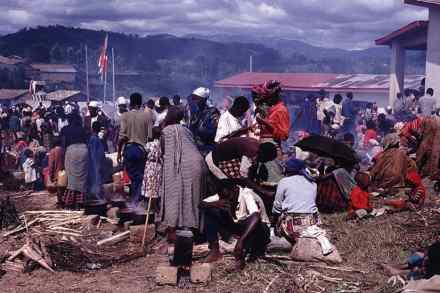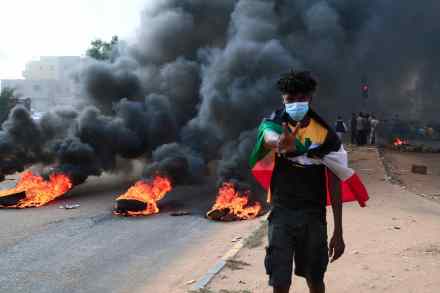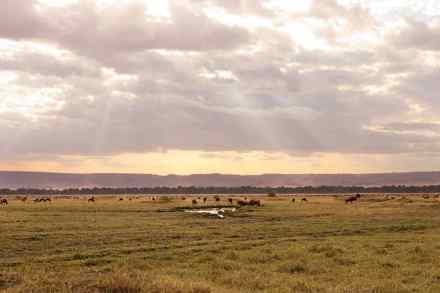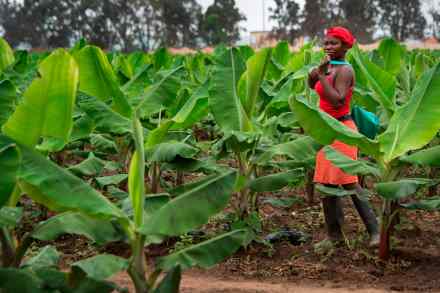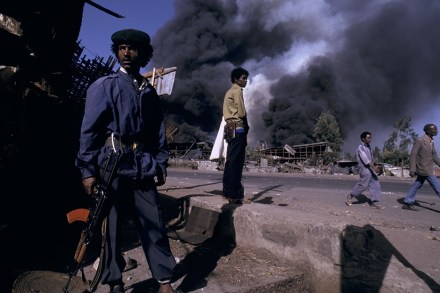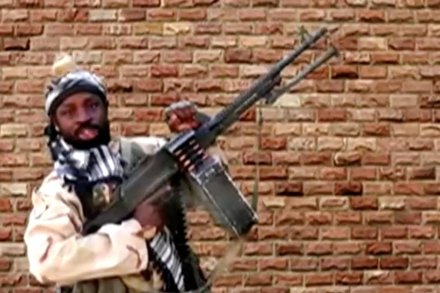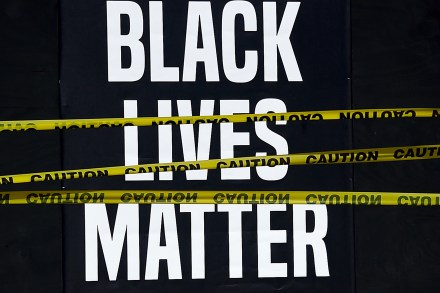Letters: The hard truth about soft power
Soft ground Sir: We have heard much over the years from the overseas aid lobby about the value of soft power. Now the chips are down, we see how empty those claims were. Aidan Hartley (‘Russia’s special relationship’, 16 April) outlined how African nations have lined up to support Russia rather than Ukraine or the West, exposing how wasted the UK’s investment in soft power has been. The same applies to aid given to Pakistan and India. The absurdity of an overseas aid target of 0.7 per cent (of GDP) must be abandoned and replaced by an 0.5 per cent spending ceiling, at or below which the UK’s aid objectives




